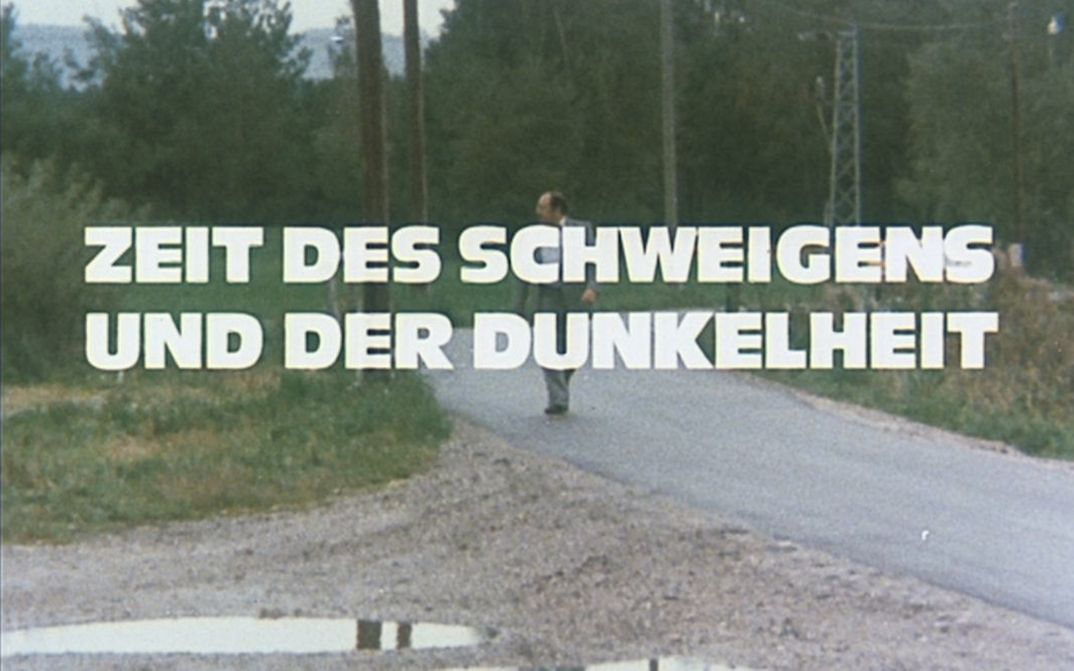Zeit des Schweigens und der Dunkelheit

Fri 10.11.
13:00
Director
Nina Gladitz
FRG / 1982
60 min.
/ DCP
/ Original version with English subtitles
Cinema
Arsenal 1
zu den Ticketszu dem KalenderIntroduction: Julia Friedrich, followed by Petra Rosenberg and Borjana Gaković in conversation with Jonathan Guggenberger.
The work of the National Socialist director Leni Riefenstahl makes it brutally clear that gender alone cannot be a criterion for feminist film historiography. In the West German women’s movement rehabilitating Riefenstahl was mostly out of the question but abroad there was no such clear rejection of her work. Even today, she is considered the most noted German female filmmaker. The film ZEIT DES SCHWEIGENS UND DER DUNKELHEIT opposes the assumption that art can ever be nonpolitical and, in addition to the necessary reappraisal of Nazi history, points out the danger of a blind cult of genius. Without using images made by the perpetrators, Nina Gladitz lets survivors of the feature film production Tiefland (1953) speak. Filmed between 1940 and 1944, Riefenstahl selected dozens of Sinti and Roma people imprisoned in the forced labor camp Maxglan and forced them to work as extras for the film – among them many children. Almost all of them were later deported to Auschwitz and murdered. Gladitz‘ film was followed by a libel suit filed by Riefenstahl. After the 1987 court ruling, the film remained classified in the WDR archives for over two decades. Only since 2022 has it been made available again after renewed examination following an open letter by journalist Gerhard Beckmann. (fe)